This post is part of the series Race for the Senate 2018.
 Once again, control of the United States Senate hangs on the fortunes of just a few races. In Missouri, two-term incumbent Claire McCaskill (D) is locked in a dead heat with political newcomer Josh Hawley (R), who entered politics in 2016 when he successfully ran for state Attorney General. President Trump’s 19-point victory over Hillary Clinton in Missouri that year unleashed a Republican wave that reinforced the party’s majorities in the Missouri House and Senate. And it left only two Democratic statewide office-holders, Senator McCaskill and Nicole Galloway the State Auditor, neither of whom was on the 2016 ballot.
Once again, control of the United States Senate hangs on the fortunes of just a few races. In Missouri, two-term incumbent Claire McCaskill (D) is locked in a dead heat with political newcomer Josh Hawley (R), who entered politics in 2016 when he successfully ran for state Attorney General. President Trump’s 19-point victory over Hillary Clinton in Missouri that year unleashed a Republican wave that reinforced the party’s majorities in the Missouri House and Senate. And it left only two Democratic statewide office-holders, Senator McCaskill and Nicole Galloway the State Auditor, neither of whom was on the 2016 ballot.
Given the strong Republican leanings of Missouri politics, how is it that this year’s Senate race is a toss-up? First, the national political situation favors the Democrats. Midterm elections serve as a referendum on a president’s performance. With the president’s approval rating hovering around 44 percent nationally, it appears that the Democrats are positioned to gain at least some congressional seats.
Second, the difference in political experience between the two candidates has benefitted McCaskill’s campaign. McCaskill has demonstrated her political savvy since 1982 when she won election to the Missouri House. Since that time, she has won elections for County Prosecutor, State Auditor and two U.S. Senate races. In 2006, she defeated incumbent Senator Jim Talent (R), and in 2012, she beat Todd Akin (R), who essentially torpedoed his own campaign with his much-lambasted “legitimate rape” comment.
McCaskill’s political skills, however, can be viewed as a double-edged sword. To win statewide office as a Democrat in Missouri requires walking a balance beam of moderation. She has a record of voting with her party only 75 percent of the time. Yet, in today’s political environment—one that has become less hospitable to moderates of either party—a candidate might fail to invigorate the base and still be attacked by the other party for being too conservative or too liberal.
Early in the Senate race, Hawley’s limited experience showed. Local and national Republican leaders quietly voiced concern about Hawley’s mistakes, fearing they had backed the wrong candidate. Hawley was also slow to show support for President Trump, whose popularity in the state is higher than the national average. Over the last couple of months, though, Hawley has embraced President Trump, who has responded by visiting Missouri several times to hold fundraisers and rallies.
A third reason why the race is close, despite the dominance of the Republican Party in Missouri politics, is that McCaskill has raised and spent much more money than Hawley. From mid-July to the end of September, McCaskill spent $11.2 million, while Hawley spent just under $2 million.
Battling over the issues in Missouri
The tight race has meant that the candidates are emphasizing the issues Missourians say are most important—health care and the economy—and topics that will mobilize their supporters such as Brett Kavanaugh’s Supreme Court confirmation and attacks on McCaskill’s wealth.
McCaskill has criticized Hawley, who as Missouri’s Attorney General signed the state on to a lawsuit challenging the Affordable Care Act (ACA). McCaskill charges that this will end coverage for pre-existing conditions. Hawley contends that it is possible to eliminate the ACA and instead require private health insurers offer the same coverage for people with pre-existing conditions.
Another issue that McCaskill has focused on—the economy—is seemingly straightforward, but could benefit either candidate. Across several indicators the national economy seems to be doing well. Unemployment is at historic lows and economic growth was over 4 percent during the second quarter. While Missouri’s economic growth hasn’t been as robust as the nation as a whole, the state’s unemployment rate sits at 3.3 percent. If the economy is doing well, which should benefit the incumbent president’s party at election time, why does it seem like a back-burner issue on Hawley’s Twitter feed?
One reason Hawley might not be emphasizing the economy is because of tariffs. Hawley has supported President Trump’s efforts to win the trade war, but as Trump has faced off with other countries over trade, Missourians are beginning to feel the impact of the tariffs. For example, China buys nearly one-third of Missouri’s soybean crop, so when China announced a 25-percent tariff, soybeans lost 20 percent of their value. This blow to the farm economy further exacerbates their declining incomes. Prior to the tariffs, U.S. farm incomes were projected to fall nearly 15 percent. In inflation-adjusted dollars, this puts farm income just above the 2002 low water mark.
McCaskill has also highlighted the plight of Mid Continent Nail, a company nearing closure in Poplar Bluff because of the steel tariffs. McCaskill’s attacks have forced Hawley to respond both on Twitter and in a campaign visit to the factory. He has also called on the Trump administration to intervene.
Another hot topic in the campaign has been McCaskill’s “no” vote on Kavanaugh’s confirmation to the Supreme Court. While the vote appealed to her base, Hawley has used it to energize his. It seems that the issue hasn’t changed how people intend to vote, but it has sparked more enthusiasm in both parties to get out the vote.
The other issue that Hawley has targeted extensively is McCaskill’s wealth—or more precisely, her husband’s wealth. While there are no real allegations of impropriety, these attacks undermine the image she cultivates of being an ordinary Missourian.
As the Missouri Senate race enters the final weeks, polls by various firms show a statistical dead heat. The race will likely hinge on which side is best able to get its supporters to the polls on Election Day, but critical events or mistakes could also sidetrack one candidate or the other. And while it seems the initial effects of the trade war will have a limited impact on this election result, this could change in the future. Missouri is an economically diverse state, but agriculture remains the foundation of the state’s rural communities. The slow decline in farm incomes, exacerbated by trade policies, could shift the political dynamics in the state.
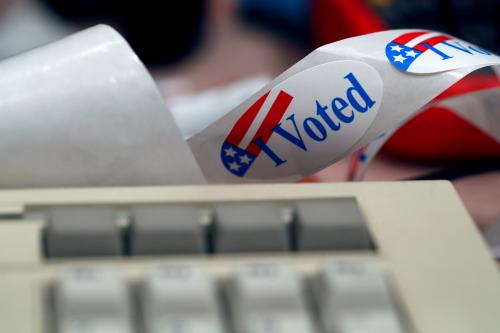
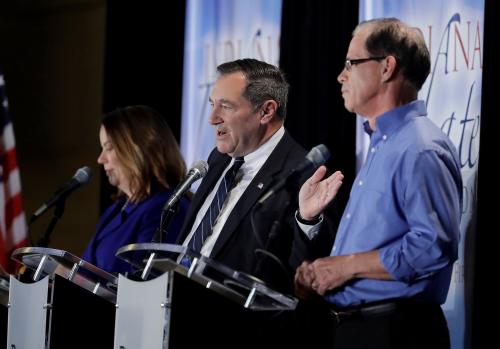
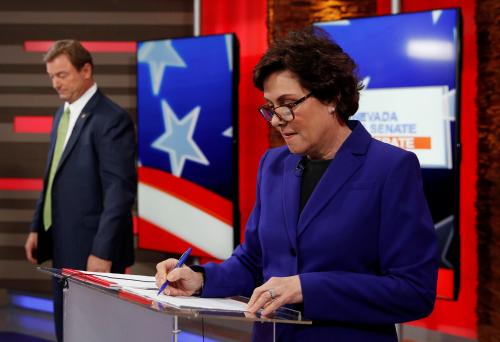

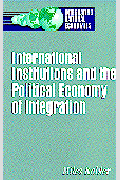
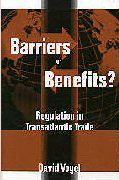



Commentary
Race for the Senate 2018: Key issues in Missouri
October 31, 2018